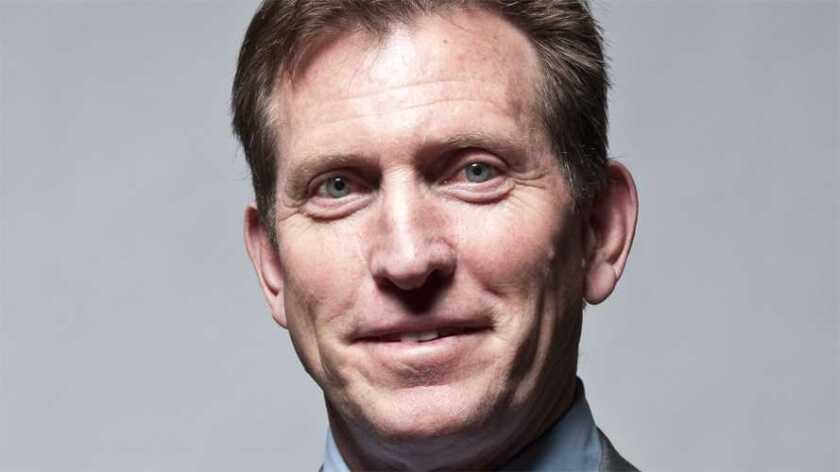The company, run by CEO Greg Mesch (pictured), is working with Nokia in a 10-year contract to build fibre-to-the-home (FTTH) services in a third of the UK, reaching up to 8 million premises in 285 cities, towns and villages.
CityFibre CTIO John Franklin said: “CityFibre is committed to building a Full Fibre network that is ‘Better By Design’, providing our partners and their customers with the fastest and most reliable services at the best value.” Deliveries start later this year, said Nokia.
Last month CityFibre said it has enough money to connect eight million homes to fibre, after raising £4.9 billion debt from banks such as NatWest, Société Générale, Crédit Agricole CIB, BBVA, Intesa Sanpaolo, ING and SEB, as well as UK Infrastructure Bank, a government-backed institution set up in 2021 to back the UK’s national infrastructure strategy.
Among CityFibre’s partners are Colt Technology Services, which last December said it was working with the company to expand its metro access networks in eight UK cities – Leeds, Bristol, Slough, Bracknell, Reading, Milton Keynes, Edinburgh and Glasgow.
The Nokia deal sees the Finnish vendor supply 10Gbps passive optical network (XGS-PON) broadband equipment, including access nodes, fibre modems for customers’ homes and IP aggregation switches.
The equipment will be upgradable to 25Gbps on the same fibre, “should CityFibre wish to do this in the future”, said Nokia.
Sandy Motley, president of fixed networks at Nokia, said: “The demand for ever-faster speeds continues and we’re delighted that our 25Gbps ready solution has been chosen by CityFibre to enable their GPON to 10G XGS-PON national network upgrade programme, supporting their mission to offer the highest capacity wholesale services into the UK market.”
CityFibre will be competing with BT subsidiary Openreach, which offers fibre connections up to 1Gbps. Last month the company said it is spending £15 billion on fibre across the whole of the UK, aiming to reach 25 million premises by December 2026, including more than six million in the hardest-to-serve parts of the country defined by industry regulator Ofcom.






